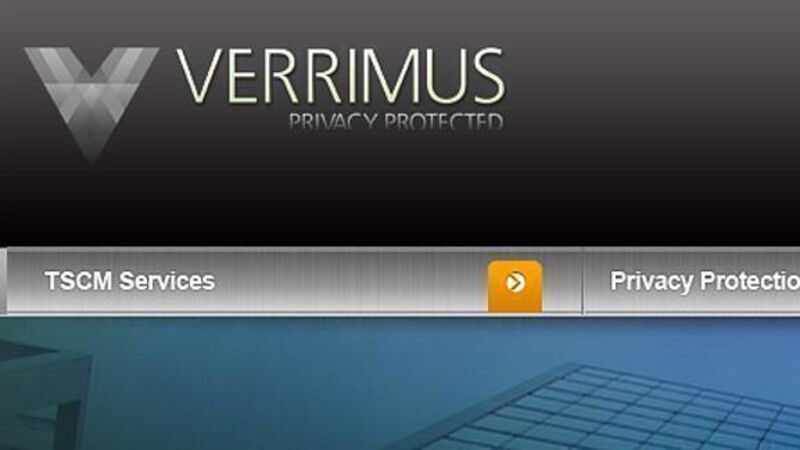Report on anomalies ‘wholly inaccurate’, says Verrimus

Verrimus issued a statement after the Irish Independent published what it described as “revelations”, in which it stated two of the anomalies could be innocently explained.
The story said an external wi-fi that was connected with a wi-fi device within GSOC was simply a coffee shop wi-fi located in a premises partly underneath the ombudsman’s offices.













